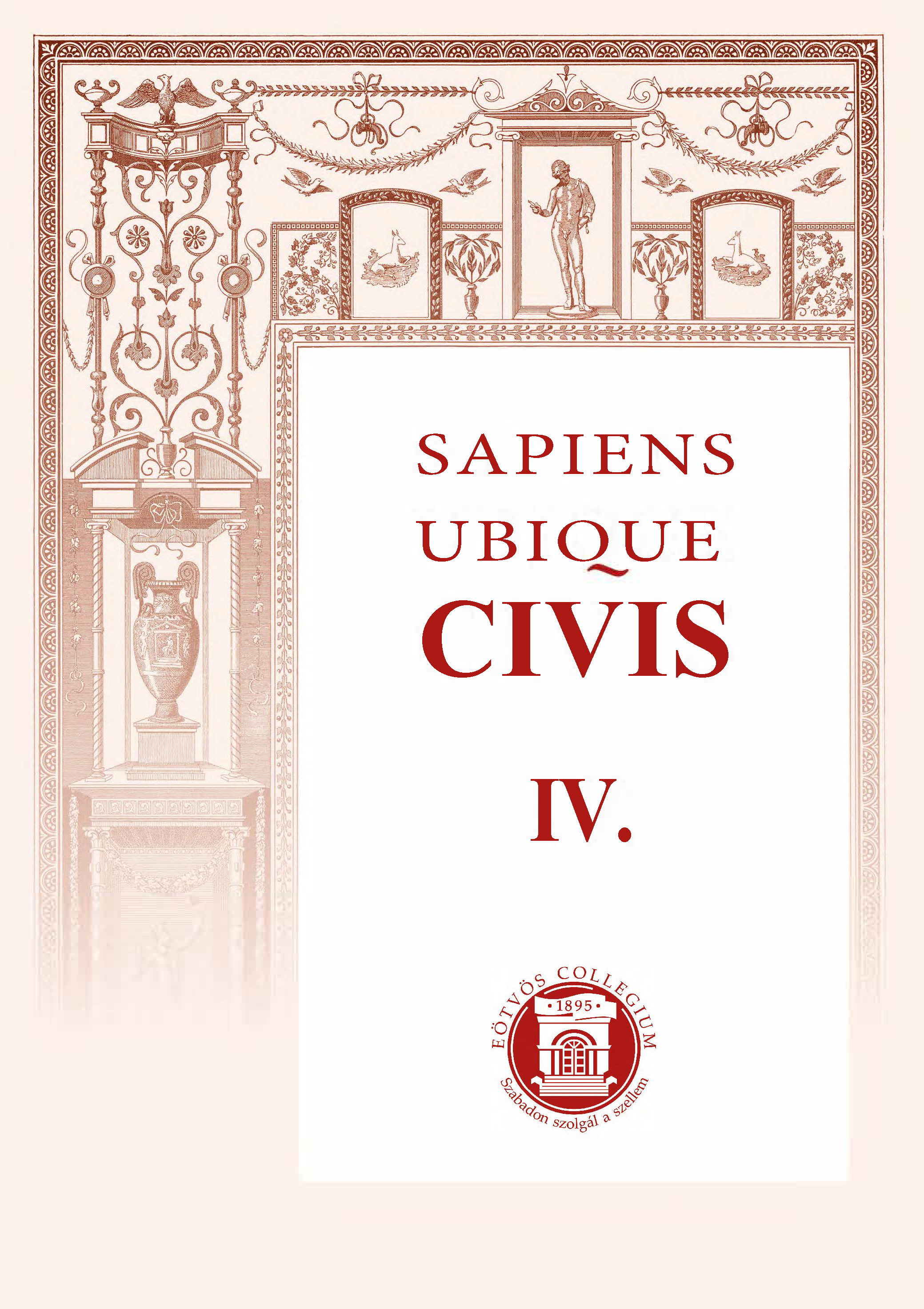(Re)negotiating colonial identity: Corinth, Corcyra and the Phaeacians
Main Article Content
Abstract
This article examines the relationship between Corcyra and its mother city Corinth – from the settlement of the former in the second half of the eighth century BC up until the outbreak of the Peloponnesian War – from three different yet interlocking angles: politics, religion, mythology. Consequently, the text is divided into three parts, whereby each part represents one of the abovementioned aspects: The first part provides a brief account of the political history of Corcyra and its relations with Corinth. Part two analyses the religious dimension of the connection between Corinth and Corcyra, especially in regard to the shared rituals and festivals mentioned by Thucydides. The third part deals with the association of Corcyra with the Homeric Phaeacians and their mythical homeland Scheria, and the Corcyraeans adoption of said myth as a new identity, which was independent from the previous ‘colonial identity’ tying them to Corinth as their metropolis.

